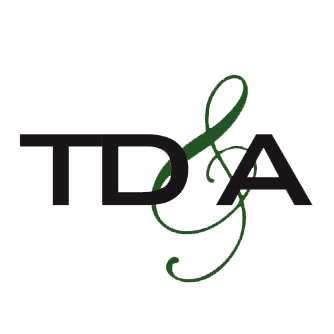ESTATE PLANNING FAQ’S
Q: What is estate planning, and why is it important?
A: Estate planning involves arranging for the management and distribution of your assets after your death or incapacity. It's crucial for ensuring your wishes are carried out, minimizing taxes, and protecting your loved ones.
Q: What documents are typically included in an estate plan?
A: Common documents include wills, trusts, powers of attorney, healthcare directives, and beneficiary designations.
Q: Do I need an estate plan if I don't have many assets?
A: Yes, estate planning is essential for everyone, regardless of the size of their estate. It helps ensure your assets are distributed according to your wishes and can also address issues such as guardianship for minor children and healthcare decisions.
Q: What is a will, and how does it differ from a trust?
A: A will is a legal document that outlines how your assets should be distributed after your death. A trust is a legal arrangement where a trustee holds and manages assets for the benefit of beneficiaries during your lifetime and after your death.
Q: What is probate, and how can I avoid it?
A: Probate is the legal process of administering a deceased person's estate. You can avoid or minimize probate by using tools like trusts, joint ownership, and beneficiary designations.
Q: How often should I update my estate plan?
A: It's recommended to review your estate plan every few years or after major life events such as marriage, divorce, birth of a child, or significant changes in assets.
Q: What is a living will, and why do I need one?
A: A living will, also known as an advance directive, outlines your preferences for medical treatment if you become incapacitated and unable to communicate your wishes.
Q: What is a durable power of attorney, and why is it important?
A: A durable power of attorney authorizes someone to make financial and legal decisions on your behalf if you become incapacitated. It's essential for ensuring your affairs are managed according to your wishes.
Q: How can I minimize estate taxes for my heirs?
A: Strategies for minimizing estate taxes may include gifting assets during your lifetime, establishing trusts, and taking advantage of tax exemptions and deductions.
Q: What happens if I die without an estate plan?
A: If you die without an estate plan, state laws will determine how your assets are distributed, which may not align with your wishes. This could result in additional costs and delays for your heirs.

